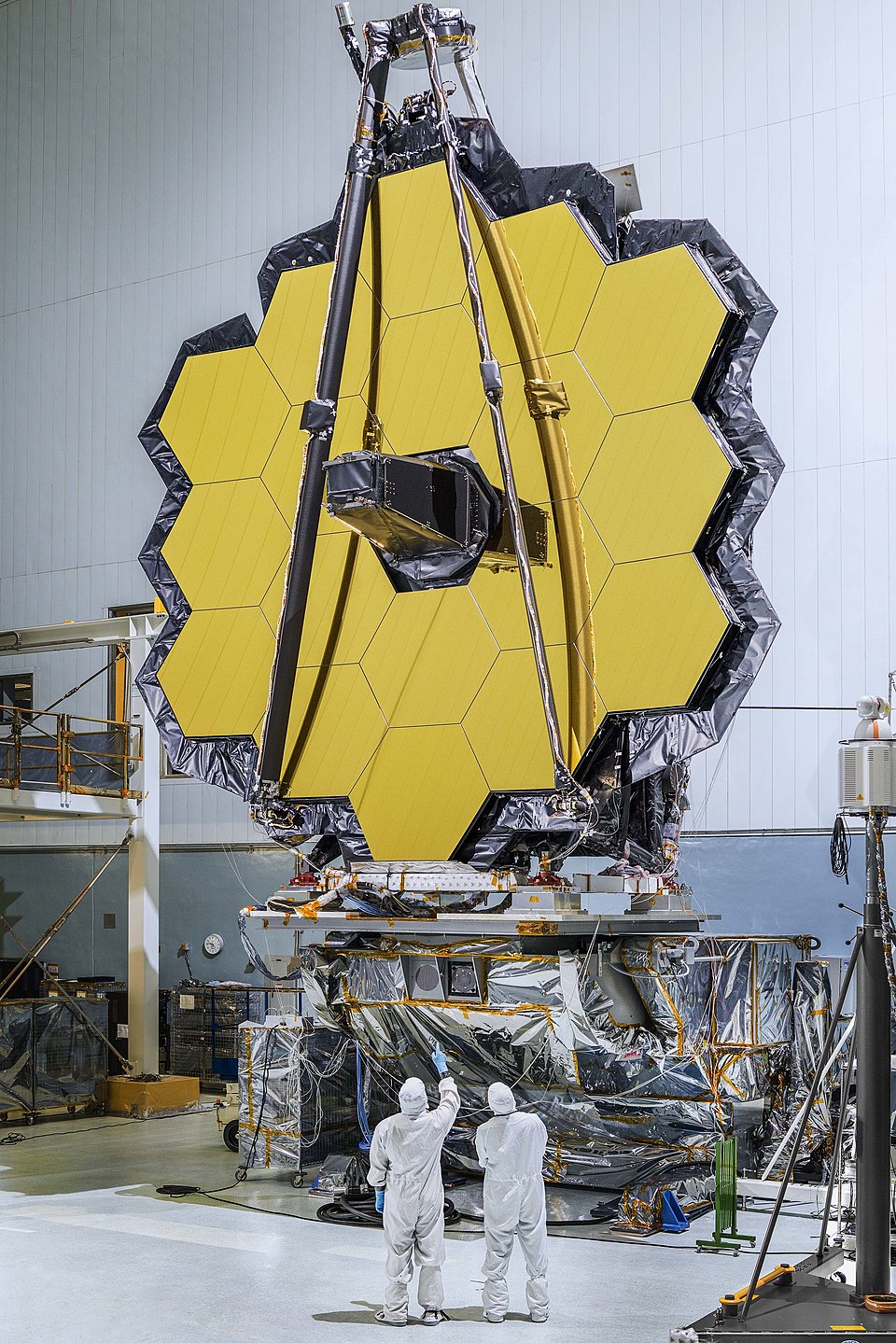Exploring Tardigrades in Space: Survival and Revival Research

Tardigrades, also known as water bears, have been the focus of scientific inquiry in space since their first journey aboard the European Space Agency’s Foton-M3 mission in 2007. These microscopic creatures, renowned for their resilience, exhibit remarkable abilities to survive extreme conditions, making them ideal subjects for astrobiological studies. Currently, astronaut Shubhanshu Shukla is conducting experiments aboard the International Space Station (ISS) to investigate the survival, revival, and reproductive capabilities of tardigrades in microgravity.
The significance of studying tardigrades in space lies in their unique biological characteristics. Tardigrades can endure extreme temperatures, radiation, and pressures, and can enter a cryptobiotic state, effectively suspending their metabolic processes. According to Dr. Maria Lopez, a biologist at the University of California, Santa Cruz, and co-author of the 2022 research published in the Journal of Astrobiology, "Understanding how tardigrades manage to survive in such harsh environments can provide insights into the possibilities of life beyond Earth."
The upcoming experiments aim to assess how microgravity affects the tardigrade’s ability to revive after desiccation, a state where they lose almost all water content. Shukla’s research will involve observing the creatures' revival times and reproductive success after rehydration. This research is particularly timely, as it comes on the heels of numerous studies indicating the potential for life on other celestial bodies, such as Europa, one of Jupiter's moons, which is believed to harbor a subsurface ocean.
In addition to their astrobiological implications, tardigrades also hold potential for biotechnology. Dr. Benjamin Carter, a professor at the Massachusetts Institute of Technology and an expert in extremophiles, notes, "The proteins found in tardigrades that protect their cells from damage during extreme dehydration could have significant applications in medicine and agriculture."
The ISS has served as a microgravity laboratory for various experiments on tardigrades since 2018, but the current mission marks a critical point in understanding their biological processes in space. Previous experiments conducted by the Japanese Aerospace Exploration Agency (JAXA) provided preliminary insights, demonstrating that tardigrades could survive exposure to space conditions for extended periods. However, the focus has shifted towards their biological functions, which have not been explored extensively.
The research conducted by Shukla will contribute to a growing body of literature exploring extremophiles, organisms that thrive in extreme environments. This body of work has implications for our understanding of life on Earth and the potential for discovering life on other planets. The findings will be scrutinized through the lens of multiple scientific disciplines, including biology, astrobiology, and biotechnology.
As scientists continue to unravel the mysteries surrounding tardigrades, their unique adaptations may not only illuminate the possibilities of life elsewhere in the universe but also lead to breakthroughs in science and technology here on Earth. The results of Shukla’s experiments will be eagerly anticipated by researchers around the globe, potentially reshaping our understanding of resilience in extreme conditions for all forms of life.
In conclusion, the ongoing studies of tardigrades in space reflect the intersection of biological research and astrobiology, with opportunities to advance our understanding of life's potential in the cosmos and its applications back on Earth. This research could pave the way for future explorations of life on other planets, as well as innovations in fields such as medicine and environmental science.
Advertisement
Tags
Advertisement





